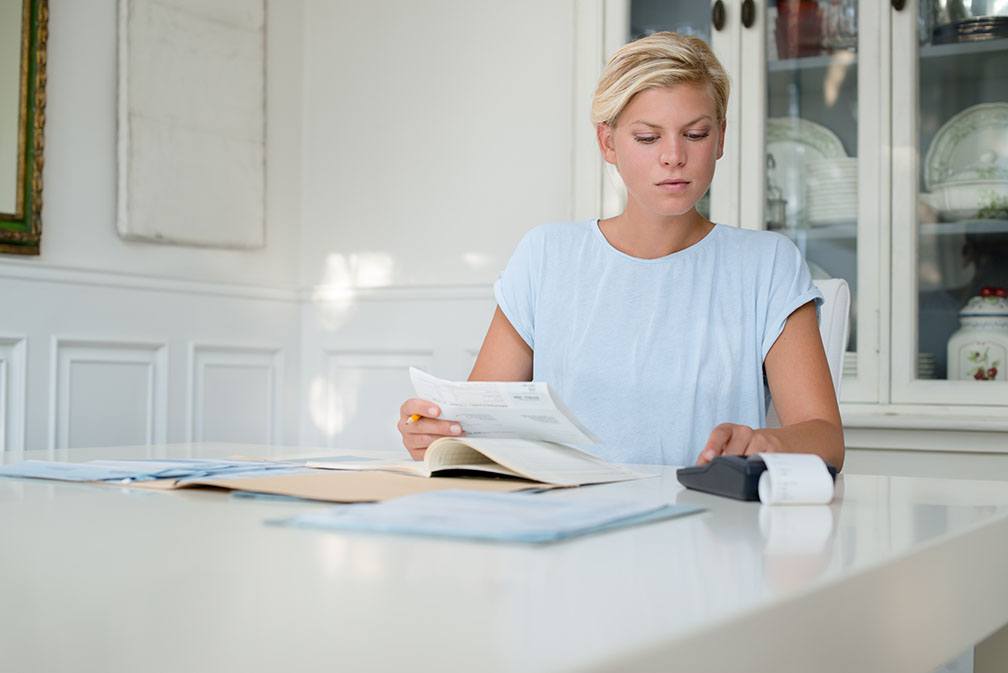Budgeting 101: How to Plan Your Budget Around Your Monthly Mortgage Payments
 If you’ve decided to invest in a home, you might be wondering how to make all of the expenses work. From the groceries to your mode of transportation, all of those little things can quickly add up. Fortunately, it’s easy enough to ensure you have the money each month by carefully calculating your expenses and ensuring there’s a little wiggle room in case of leaner times. Here are the details on how to begin with your mortgage budgeting plan.
If you’ve decided to invest in a home, you might be wondering how to make all of the expenses work. From the groceries to your mode of transportation, all of those little things can quickly add up. Fortunately, it’s easy enough to ensure you have the money each month by carefully calculating your expenses and ensuring there’s a little wiggle room in case of leaner times. Here are the details on how to begin with your mortgage budgeting plan.
Calculate Your Monthly Payment
Whether you’ve just purchased a home or are trying to determine if your dream home is right for you, it’s very important to establish approximately what your monthly payment will be. It’s critical to have a mortgage cost that is sustainable, so add up your mortgage payment, home insurance, property taxes and any other required payments. While this should give you a ballpark figure, you’ll want to ensure you add a bit of extra room in case your taxes or interest rate should rise.
Determine Your Necessary Expenses
It’s easy to be idealistic and assume that you’ll be able to come up with the money for your dream home, but it’s very important to keep your feet on the ground and be realistic about your budget. Once you’ve determined your payment, calculate the average amount for your utilities, transportation costs and any debt you have. You’ll also want to add in groceries, toiletries, and extras like gym passes, meals or entertainment. By adding up your monthly payment and your expenses, you should be able to determine if a house is realistic for you.
Leave A Little Extra
If your expenses and your home costs add up to balance out, that’s great, but don’t forget to leave a little extra room in your budget for the other things you’ll need. While you’ll want to ensure you’re saving money for the future, if you have any short-term life goals like a travel destination or going back to school you’ll need to save for those. Also, the unexpected can occur at any time so you’ll want to have some cash stashed away for the times when the car breaks down or there’s a medical issue.
When investing in a home, you’ll need to feel confident that you can make your monthly mortgage payment and still have enough left over to pay your expenses and savings for down the road. If you’re currently preparing to buy, contact your trusted mortgage professionals for more information.

 If you are like many other homeowners, your home mortgage payment is the single largest expense in your monthly budget. This is a fixed expense that you will typically be responsible for until your loan is paid in full or until you sell your home, and you may have a 15, 20 or even 30 year term on your mortgage.
If you are like many other homeowners, your home mortgage payment is the single largest expense in your monthly budget. This is a fixed expense that you will typically be responsible for until your loan is paid in full or until you sell your home, and you may have a 15, 20 or even 30 year term on your mortgage.